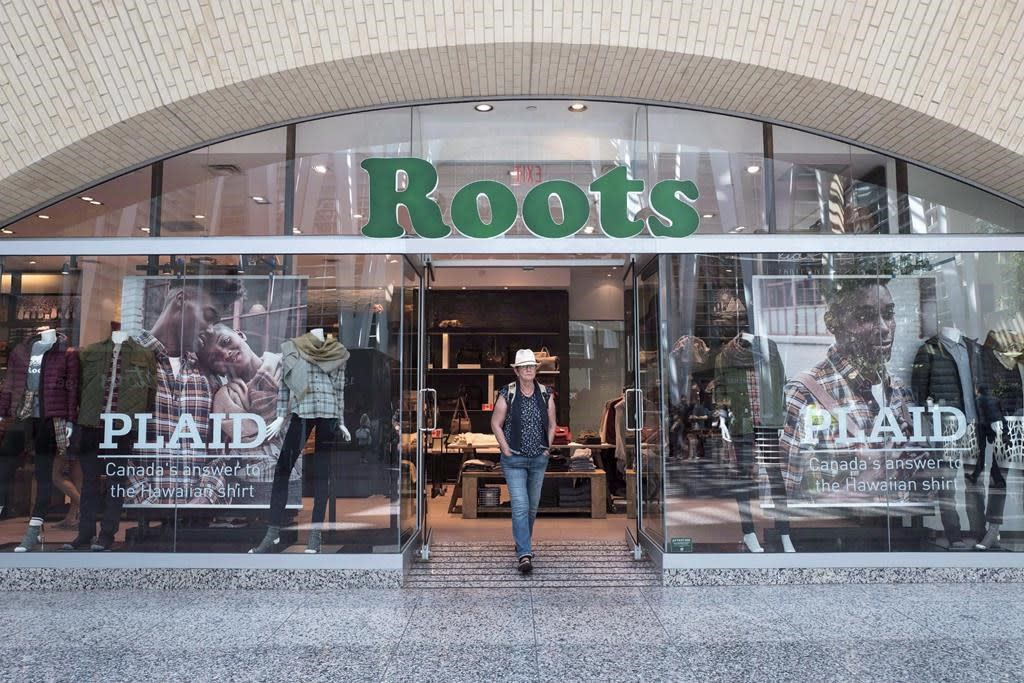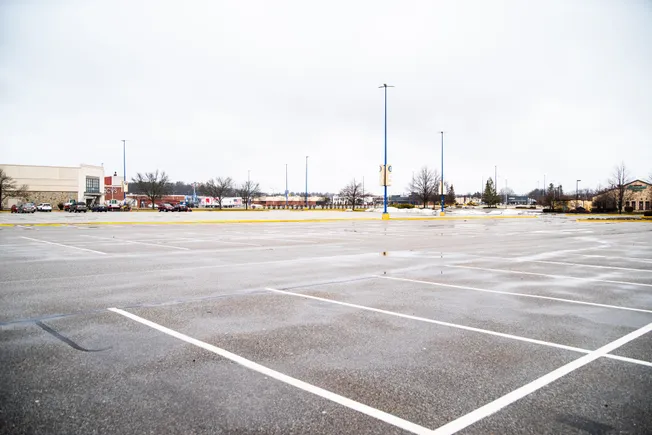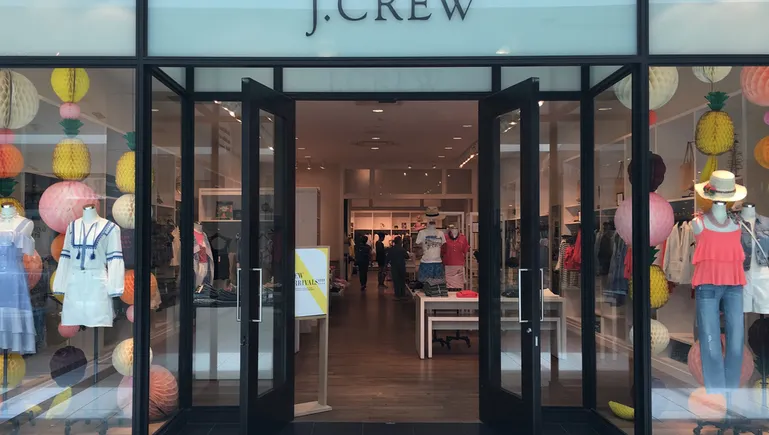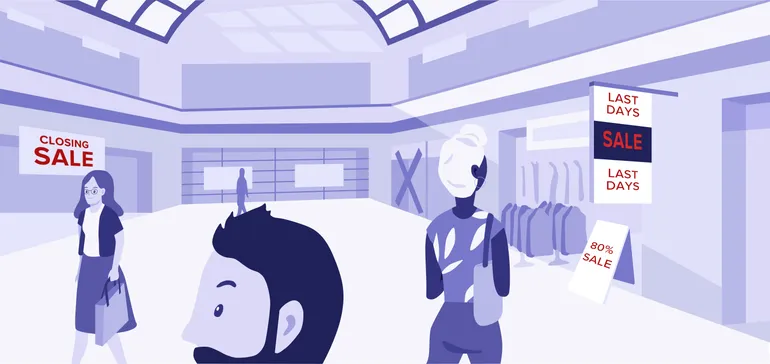“When this is over many consumers will have a newfound sense of thrift. Savings will be depleted; credit cards and lines of credit will be stretched, and stock portfolios and pensions will be decimated. You will see an extreme flight to value,” said
Bruce Winder, Co-Founder & Partner, of
Retail Advisors Network.
“Dollar chains, value grocers and used clothing stores will thrive. Many consumers will think twice before spending. They will make existing products last longer. More items will be repaired versus replaced. Those with cash will invest in the dip and make a fortune when stock markets return to some form of normal. All these factors will create a new retail landscape that further polarizes our industry and society between the wealthy and the wealth-less.”
------------
“For the retail industry to remain healthy we need immediate government funding through loans, deferrals and grants, more than has been offered already. For many, May 1 was a key date as rents and other expenses such as insurance, GST payments, electricity, payroll and more were due. The world, the country, businesses and citizens will take a collective sh*t kicking on balance sheets but we have no choice. It must be done in order to survive,” said Winder.
“Without such support, small and medium sized retailers and suppliers will run out of cash soon if they haven’t already, and will have closed permanently. This will create an unhealthy industry where we are left with only large retailers, suppliers and service providers. Too much power will be given to the select few. This will reduce choice, reduce service and create an oligopoly where prices increase. This will also impact jobs as big retail continues to turn to automation and e-commerce to save cost. The strong will buy the weak for a song and will grow even stronger.”
However, on the bright side, retail will survive but will take a different form, added Winder. There will be a reincarnation of business as retailers and suppliers sprout up and start again from the ashes. More retailers will be built on variable cost and capital light models. More businesses will be digitally native, at least to start. We will also see a renewed sense of collectivism in our society as people help each other more and try and shop locally.

 www.theatlantic.com
www.theatlantic.com













